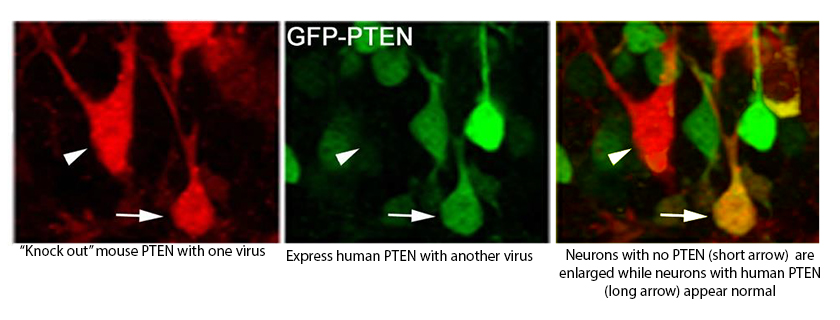If a gene that normally functions to control cell growth and regulate the ability of neurons to alter the strength of their connections goes haywire, could that contribute to, or even cause, autism?
Maybe, judging from some research by Katie Fricano-Kugler, PhD, and Bryan Luikart, PhD, with a team of researchers at Dartmouth’s Geisel School of Medicine and published in the journal Biological Psychiatry.
“In previous studies, we found that removal of this gene in mice results in the overgrowth of neurons leading to hyper-connected neural circuits,” Luikart says. “We therefore believe that this neuronal circuit hyper-connectivity could be the fundamental basis for the symptoms exhibited by ASD (autism spectrum disorder) patients.”
You can read a report about it from Geisel School News, right here.


 Return to the Concord Monitor
Return to the Concord Monitor